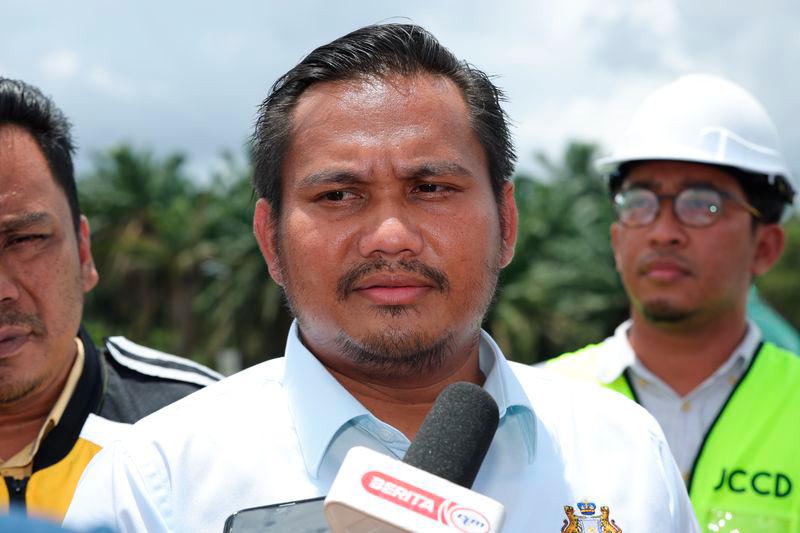ISKANDAR PUTERI: The final alignment proposal for the Elevated Automated Rapid Transit (E-ART) system is expected to be announced this August, the Johor State Legislative Assembly was told today.
State Public Works, Transport, Infrastructure, and Communications Committee chairman, Mohamad Fazli Mohamad Salleh, said it is subject to the outcome of the Request for Proposal (RFP) evaluation by the Public-Private Partnership Unit (UKAS).
“UKAS has initiated the RFP process for the E-ART system implementation as part of efforts to complete the integrated transportation network in Greater Johor Bahru.
“The E-ART system will cover three main corridors, namely Skudai, Tebrau and Iskandar Puteri, and will be integrated at the main interchange station at Bukit Chagar, ultimately supporting the Johor Bahru-Singapore Rapid Transit System (RTS),” he said at the assembly sitting in Kota Iskandar.
He was responding to a question from Datuk Ramlee Bohani (BN-Kempas) about the government’s measures to tackle the worsening traffic congestion in Johor Bahru, including short—and long-term plans to address the problem.
He said the E-ART system will significantly ease traffic congestion, improve daily mobility and support the state’s low-carbon agenda.
Mohamad Fazli was previously reported to have announced the development of the E-ART system, which involves 32 stations and is estimated to cost nearly RM7 billion.
He said the state government has set up the Greater JB Special Traffic Dispersal Committee, which has identified 77 congestion areas and taken action in more than 20 locations.
“This committee has also proposed measures such as the installation of lane barriers, traffic information boards, and enforcement during peak hours, which have been presented at the Cabinet Committee Meeting on Congestion and Safety.
“...the dispersal plan includes the closure of Jalan Ledang leading to the Skudai Highway (the exit ramp from Taman Johor to Skudai), which has successfully reduced traffic pressure in the area,” he said.
Mohamad Fazli said the government is also studying the need to increase road capacity, including widening roads, building new bypasses, carrying out regular maintenance, and implementing more modern traffic management systems to support future economic growth and traffic density.
“Therefore, the state government has submitted a list of 18 proposed projects to the Highway Network Development Plan (HNDP) consulting services to review projects that should be prioritised for approval,” he added.









